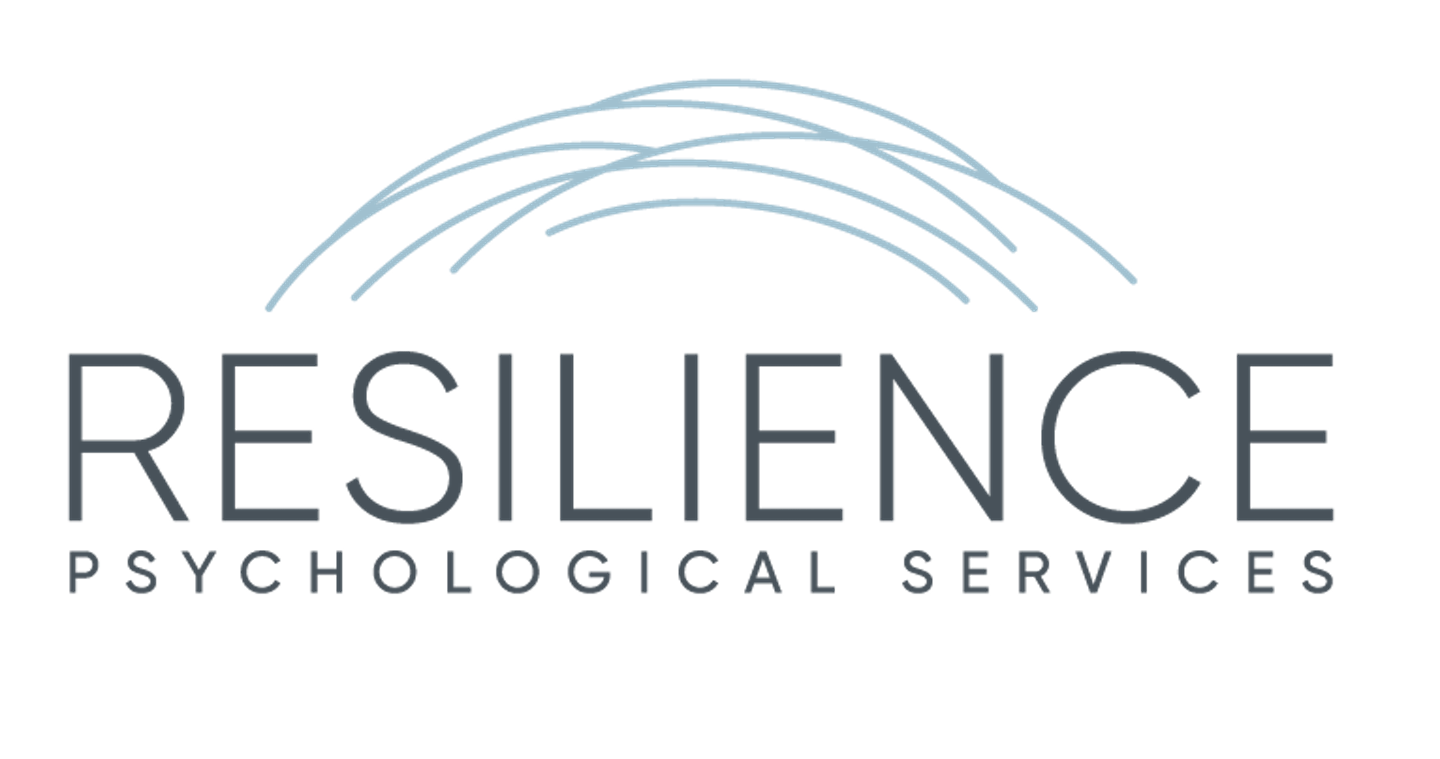BODILY AUTONOMY
Bodily autonomy is the fundamental right of every person to make decisions about their own body, free from coercion, judgment, or control by others. In a world where many face societal pressures and systemic barriers that undermine this freedom—whether through medical, legal, or social structures—supporting bodily autonomy in therapy is essential. It involves recognizing each person’s agency over their body, empowering them to define their needs, boundaries, and experiences as they see fit. Honoring bodily autonomy means prioritizing consent, collaboration, and personal empowerment within the therapeutic relationship.
Bodily autonomy is a critical aspect of therapeutic practice, serving as a guiding principle that empowers clients to reclaim control over their bodies and lives. In therapy, acknowledging and supporting bodily autonomy means creating a safe and affirming environment where individuals feel free to express their needs, desires, and boundaries without fear of judgment or coercion. This framework not only respects clients’ physical sovereignty but also recognizes the profound connection between bodily autonomy and mental health.
BODILY AUTONOMY IN Therapy
Therapy that respects bodily autonomy emphasizes the right of each client to lead their own healing journey. For individuals who have experienced violations of bodily autonomy, such as trauma, abuse, or medical coercion, therapy becomes a space to reclaim power and rebuild trust in their own body and instincts. This approach values each client’s voice, encouraging active participation in treatment decisions and respecting their boundaries and comfort levels.
In addition to fostering personal empowerment, bodily autonomy in therapy acknowledges the impact of systemic factors that may influence one's bodily freedom. For many, experiences of discrimination, violence, or societal pressure intersect with issues of bodily autonomy, making it vital for therapy to address these broader contexts. In doing so, clients are supported in building resilience, self-advocacy, and self-acceptance.
Key Principles
Informed Consent and Collaboration: Bodily autonomy in therapy requires that clients fully understand and agree to all aspects of their care. Therapists prioritize transparency and collaborative decision-making, ensuring that clients retain control over their healing journey.
Empowerment and Self-Advocacy: Therapy focused on bodily autonomy encourages clients to explore their personal needs and boundaries, helping them reclaim their right to self-determination and agency in all areas of life.
Respect for Boundaries: Therapists work to create a safe and affirming space by respecting clients’ physical and emotional boundaries. Clients are empowered to communicate their limits without fear of judgment or coercion.
Intersectionality and Social Context: Bodily autonomy is shaped by a variety of social, cultural, and systemic factors. Therapists must acknowledge how race, gender, sexuality, ability, and socio-economic status influence clients’ experiences of autonomy and bodily integrity, ensuring that their practice is culturally sensitive and inclusive.
How We Can Help
Therapy that supports bodily autonomy offers a compassionate and empowering approach to healing, where clients feel free to express themselves and reclaim their personal power. At Resilience, we provide a therapeutic space that champions each person’s right to bodily autonomy, focusing on:
Personal Empowerment and Boundaries: We empower you to explore your own boundaries, build self-trust, and assert your needs. Therapy is centered on what you need and want, respecting your pace and preferences.
Reclaiming Body Sovereignty: If you have experienced situations where your bodily autonomy was compromised, we provide a safe, validating space to process and heal. Therapy can be a path to reclaiming control over your life and body.
Support Against Systemic Violations of Autonomy: We understand that issues of bodily autonomy can intersect with larger societal factors. We support you in navigating these challenges and advocating for your rights.
What to Expect
Non-Coercive, Consent-Based Care: In bodily autonomy-focused therapy, you lead the process. Therapists prioritize your consent in all areas, from treatment goals to specific interventions, ensuring that therapy is a collaborative and empowering experience.
Boundary Affirmation and Respect: We value your boundaries and listen to your cues. Therapy is a space where you are in control, free to define your comfort levels and make decisions about your care.
Holistic and Empowering Approaches: Our therapists consider the mind-body connection and encourage practices that help you reconnect with your body, whether through mindfulness, somatic therapy, or self-care routines that foster self-acceptance and autonomy.
Education and Advocacy: Bodily autonomy in therapy often involves providing information about your rights and options. Many of our therapists are engaged in advocacy for clients’ autonomy within mental health and healthcare systems.
Therapy that respects bodily autonomy is about more than just supporting individual empowerment—it is a commitment to fostering resilience and self-determination in a world where many are denied these basic rights. At Resilience, we are here to support you in reclaiming your voice, setting boundaries, and building confidence in your capacity for self-care and decision-making.
Whether you are processing past trauma, navigating current challenges, or simply seeking a space where your choices and boundaries are honored, we’re here to help you cultivate a strong, autonomous sense of self.

